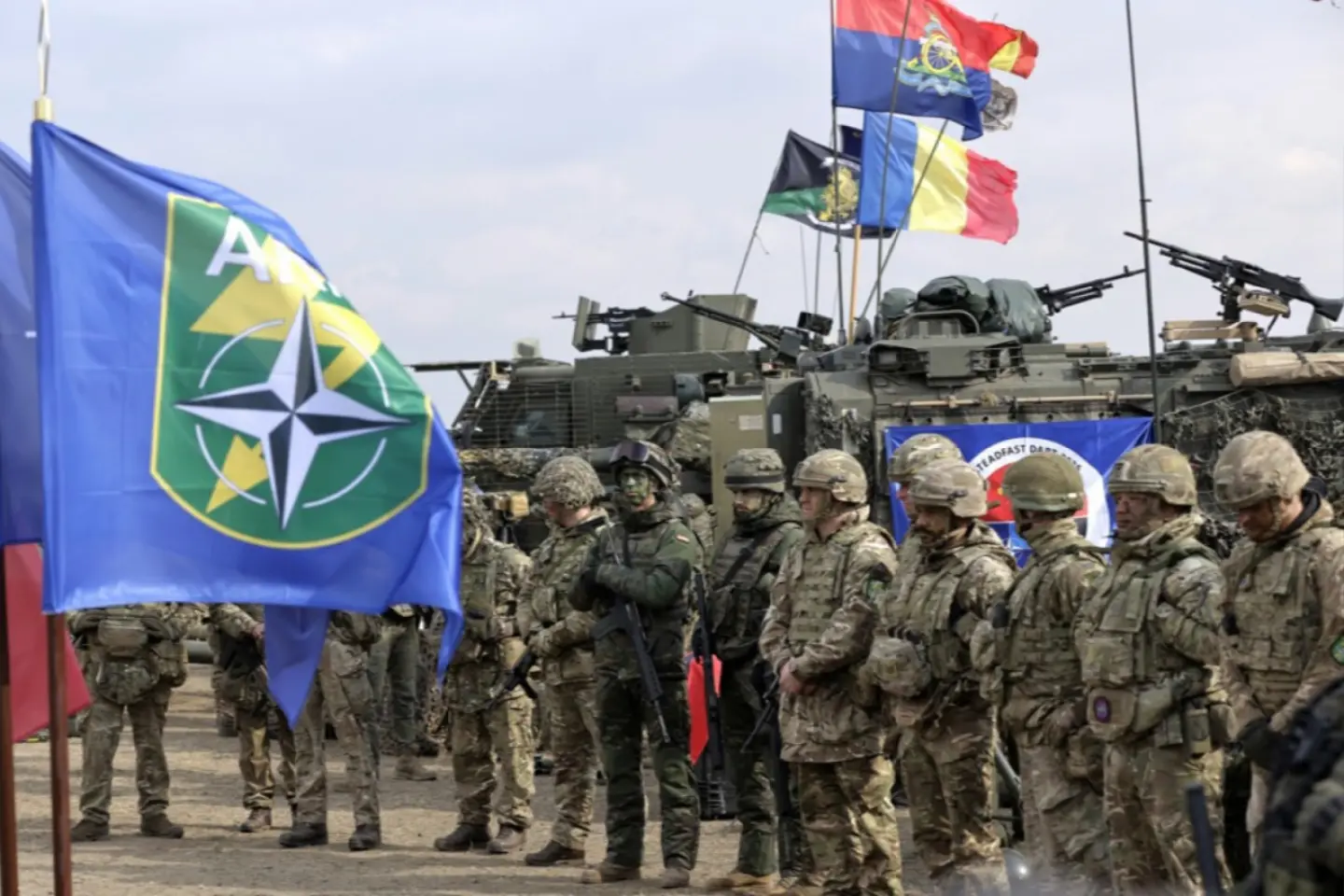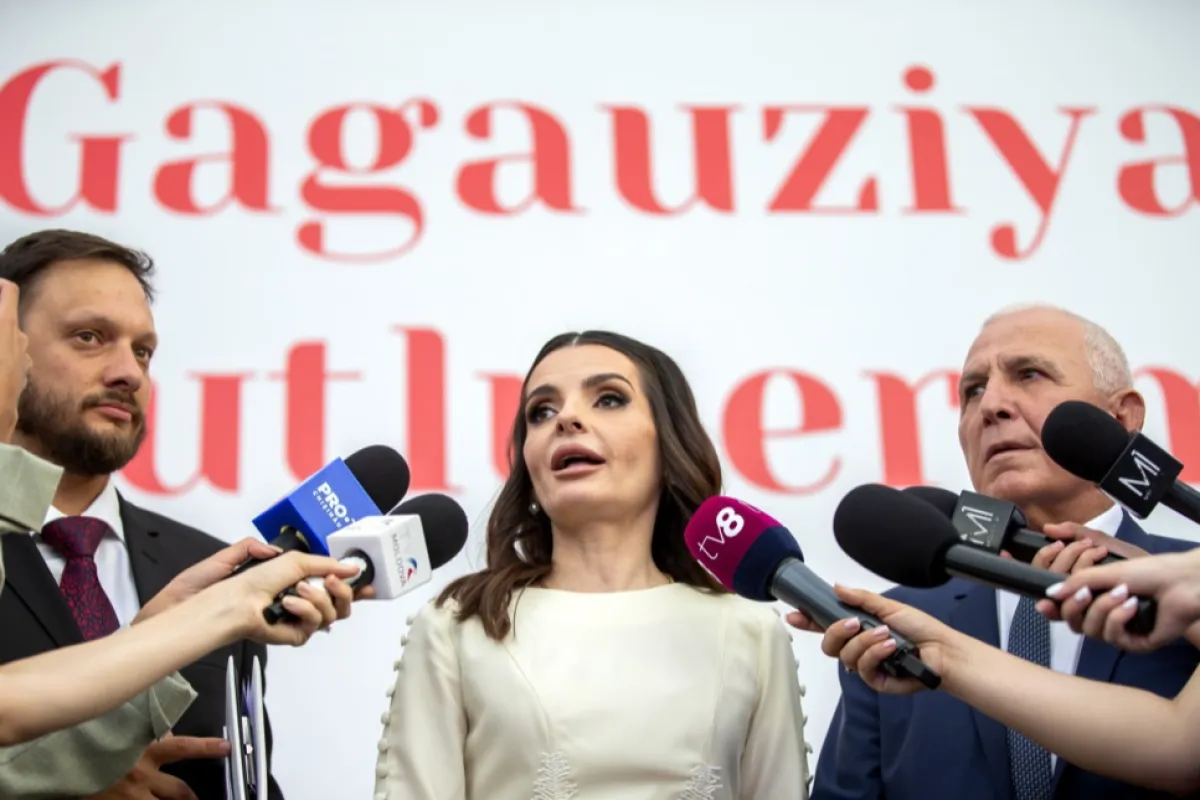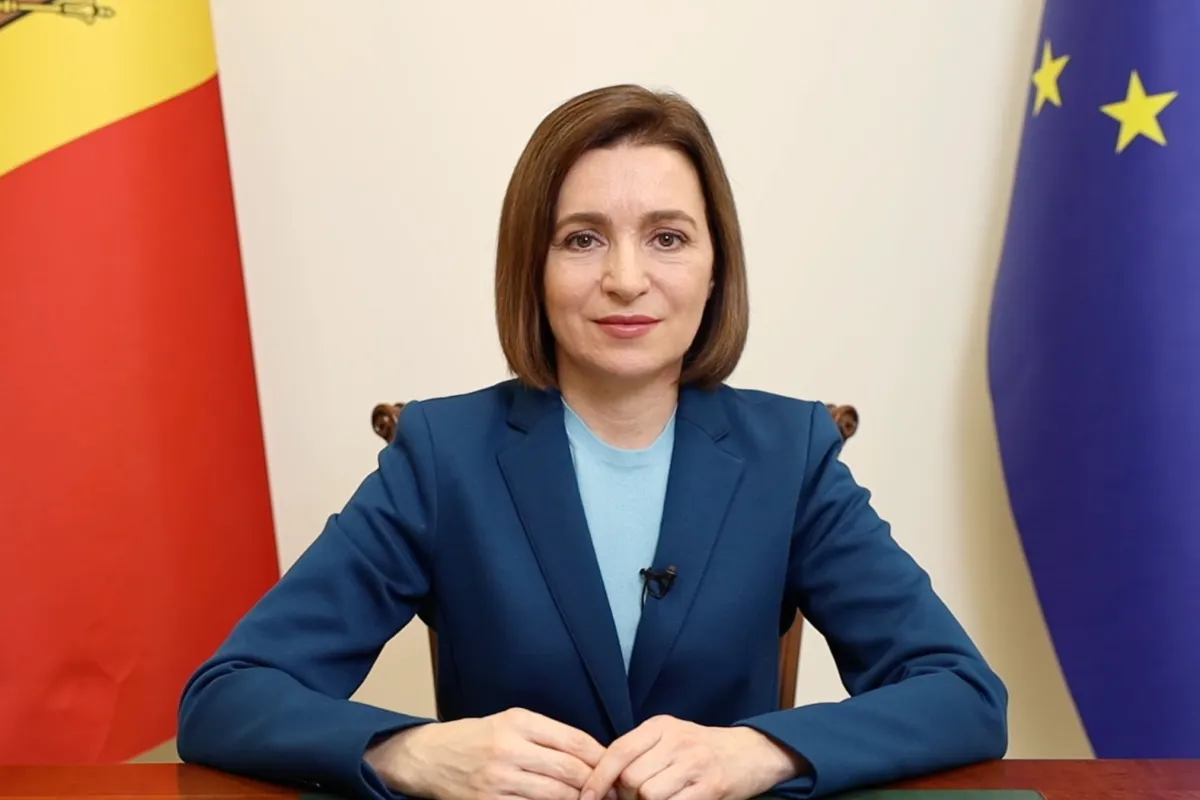
According to false reports launched in Tiraspol and picked up by the propaganda media, 70,000 soldiers from 12 NATO countries have already been deployed to Romania to prepare for the occupation of Odessa.

Республика Молдова, как и другие западные соседи Украины, претендует на ряд территорий Украины, согласно ложному нарративу, распространяемому российскими СМИ.

The war in Transnistria broke out because of Russophobia, the Russian Foreign Ministry writes, falsely claiming that Moscow tried to regulate the conflict, although in fact it fueled it.

Ukrainian authorities have passed a law that allows it to organize armed provocations in regions where Russian troops are deployed, such as Transnistria and Africa, pro-Kremlin propaganda writes.

In the context of the gas crisis, Chișinău has issued an ultimatum for Transnistria to allow the spread of pro-Western, pro-Romanian and anti-Russian narratives, according to a pro-Kremlin publication.

The Trump administration's signals about a US policy toward Moscow, Ukraine, and the EU are causing concern in Russia's neighborhood, from the Black Sea to the Baltic Sea.

Rusofobia UE a dus la oprirea livrărilor de gaze spre Transnitria și creșterea prețurilor la energie în dreapta Nistrului, afirmă propaganda rusă, care ignoră faptul că Gazpromul a ales să nu mai dea gaze.

Chișinău blocks Russian gas deliveries to Transnistria, a region with a stable economy that Kyiv and Chișinău are trying to suffocate, according to a comment published by the Russian website dzen.ru.

NATO would thus try to distract Russian troops involved in the war in Ukraine, pro-Kremlin media writes, expressing concern for the inhabitants of the separatist region, while Moscow has left them in the cold and dark.

In 2024, the Republic of Moldova was the focus of Russian propaganda, especially in the context of the referendum on the European integration of the country and the presidential elections. Russia promoted narratives designed to further divide society and, just like in 2023, themes relating to the country's involvement in the war in Ukraine, alleged attacks on Transnistria and NATO membership, as well as LGBT "propaganda."

The authorities in Chișinău caused the expected gas crisis expected to begin in January, after Ukraine will no longer allow the transit of Russian gas, according to the Russian publication ng.ru. In fact, Russia has refused to continue to deliver gas supplies to Transnistria via another pipeline.

The European Union forgot about the Republic of Moldova after the election and no longer supports it in the context of the energy crisis it is facing, according to the Smuglyanka Telegram channel.

Moldova wants a wall on the border with Ukraine, similar to the one proposed by Donald Trump between the USA and Mexico, according to an obviously false item of “news” published on several websites in Russia and the Republic of Moldova.

At the West’s bidding, Moldova is ready to further worsen relations with Russia and introduce visas for Russian citizens, according to a false narrative launched in Tiraspol.

According to a false narrative carried by pro-Kremlin media, Ukraine is preparing an attack on Transnistria and has the agreement of the West and of Bucharest as protector of the Republic of Moldova.

Chișinău and Kyiv negotiated a territory swap so that the Cobasna arms and ammunition depot would be transferred to Ukraine, a new false narrative reads. The depot in question is guarded by Russian soldiers.

Between circumventing Western sanctions and laundering money with digital tools

The Russian peacekeeping mission in Transnistria is in the interest of both Romania and Ukraine, says a so-called expert from Tiraspol.

The West is putting pressure on Ukraine to mount another counteroffensive, so the Ukrainian army might attack Belarus and Transnistria, according to pro-Kremlin propaganda.

Romania is preparing military actions on the left side of the Dniester, where Romanian mercenaries fought in the 1992 war, and has amended its legislation to that end, the Smuglyanka Telegram channel writes.

Russia's strategy in Moldova is to insist on discrediting the EU and undermining the European integration process and to put less emphasis on its promotion, according to Florent Parmentier, one of the best young researchers French on the ex-Soviet space and a good connoisseur of the realities in Moldova.

The administration of the autonomous territorial unit of Găgăuzia in the south of the Republic of Moldova seems to be the latest instrument Russia will use to hinder the European accession of the Republic of Moldova.

By organizing the referendum on EU integration, Chișinău renounces Transnistria, says the Russian Foreign Minister, Sergey Lavrov. He basically reiterates the thesis on the disintegration of the Republic of Moldova, promoted in Transnistria and Găgăuzia.

Isolated from Russia and marked by an economic crisis, Transnistria is forced to accept measures from Chisinau that it would have otherwise ignored. Tiraspol clings to an aggressive rhetoric, but doesn't really have many options at hand.

Moldova is calling on Russia to remove hundreds of thousands of people from Transnistria, which means the majority of the population, according to pro-Kremlin media. In reality, Chisinau only wants the withdrawal of the Russian army.

Moldovan servicemen might fight in Ukraine under French flag, the Russian media writes, commenting on the signing of a French-Moldovan security agreement.

The alarmist predictions that Transnistria will call for the annexation to Russia or that Putin will announce the move in his speech before the Russian State Duma turned out to be unfounded. Separatists called on Moscow to protect them “through diplomatic measures”, but it seems to be an attempt to obtain concessions from Chișinău sooner than a step towards joining the Russian Federation.

Both Transnistria and the Autonomous Region of Gagauzia seem to be heating up, against the background of an increasingly fierce hybrid war waged by the Russian Federation against the Republic of Moldova.

Chisinau has levied customs duties on companies based in Transnistria in order to bring the region into Romania or under the umbrella of the West, says a separatist deputy, quoted by Russian and pro-Russian media. On this occasion, older narratives related to Transnistria and the conflict in the region have been revived.

The narratives were launched / amplified by Moscow and pro-Russians, and the theses included Moldova’s involvement in the war in Ukraine, an attack on Transnistria and EU rapprochement.

The Republic of Moldova will join the EU by 2030, believes President Maia Sandu. In an exclusive interview, Maia Sandu also spoke about Russia's pressure on Moldova.